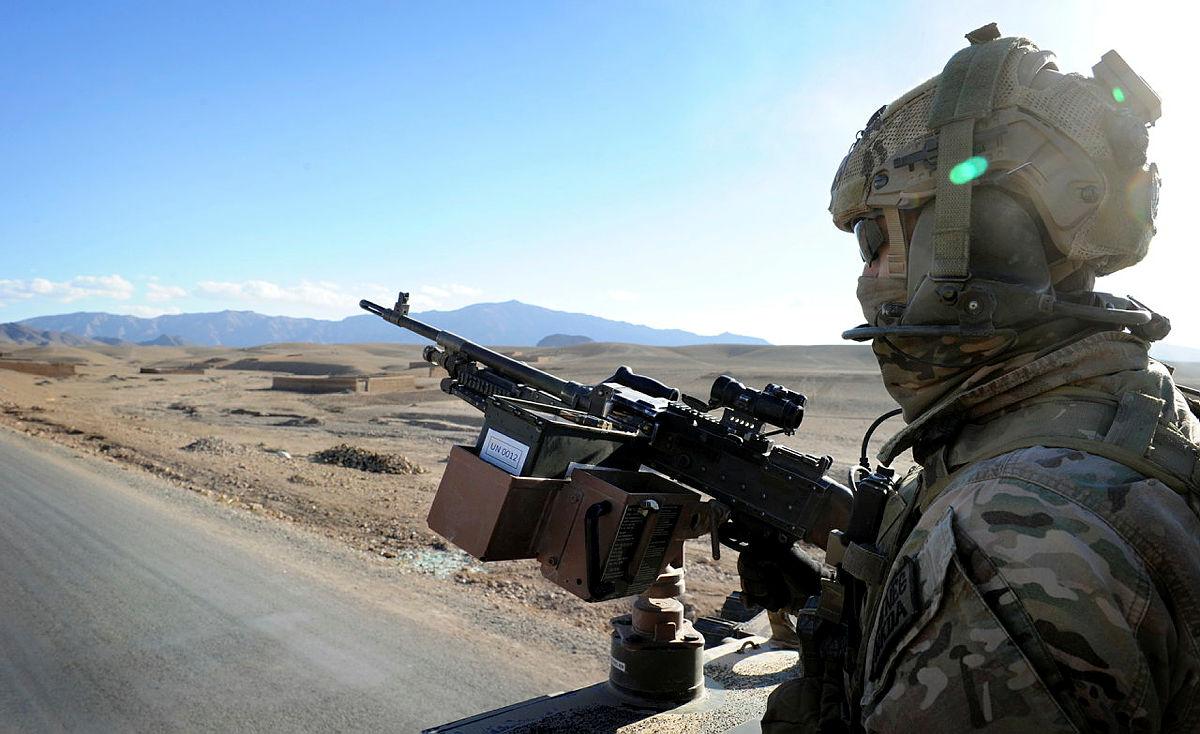
Over decades, successive Australian governments have found it politically convenient to call on special forces units when they needed to send troops into harm’s way.
The rationale has been that highly trained members of the Special Air Service Regiment and the commandos are less likely to suffer casualties than regular soldiers, so the government will not have to deal with an outcry over losses, triggering calls to bring the troops home.
In his report on allegations that Australian troops committed war crimes, judge Paul Brereton notes that governments may have had an understandable preference for using special forces because of their proved success in the past and the lower risk profile.
He says it was the Australian Defence Force’s responsibility not simply to accede to that preference, but to provide fearless and firm advice that the protracted use of special forces to conduct what were not in truth ‘special operations’, but missions that could have been conducted by appropriately trained and enabled conventional forces, was ‘imprudent, unwise, and potentially jeopardising the welfare’ of special forces personnel.
The sustained use of special forces to conduct what were largely conventional operations meant the limited pool of special forces personnel was required to deploy on multiple rotations, with little respite between deployments.
It was ADF policy that there should be a ‘dwell time’ of at least 12 months between deployments for any individual member, although waivers could be obtained.
This was supported by psychological research. In the high intensity of deployments from 2004 to 2014, and not only in the special forces, waivers were frequently granted.
In retrospect, says Brereton, this was unwise, at least for high-intensity operations, and reduced the opportunity for the moral compass to reset.
Brereton said Australia needed a more surgical and refined national special forces capability than that required for the more or less conventional operations into which special operations task group operations in Afghanistan evolved.
The reality was that many of these soldiers wanted to return to operations and the tight camaraderie of their units. Some ‘gamed’ commanders and psychologists to cover up the extent to which they were stressed or burnt out by previous deployments.
Indeed, Defence Force Chief General Angus Campbell said the reporting on deployments was positive and soldiers and field commanders alike showed genuine enthusiasm for the campaign and their continuing participation in it.
Nevertheless, Campbell said, higher command should have recognised sooner that special operations units were unable to sustain all of the demands placed upon them.
Brereton’s report recommends that special forces not be treated as the default ‘force of first choice’ for expeditionary deployments, except for irregular and unconventional operations. It also recommends that a professional review of appropriate dwell times between operational deployments be undertaken. Pending that review, the 12-month policy should be adhered to and the authority to provide waivers that might allow at-risk troops to redeploy should be escalated to a higher lever.
The pressures of too much combat may explain in part why a limited number of soldiers are alleged to have committed dreadful atrocities, but there has to be much more to it than that. Being shot at over a sustained period should not drive well-trained soldiers to dash off and cut the throats of children.
If that were a believable cause and effect, there would not have been a child left alive in France when World War I ended in 1918 after four years of intense and bitter conflict.